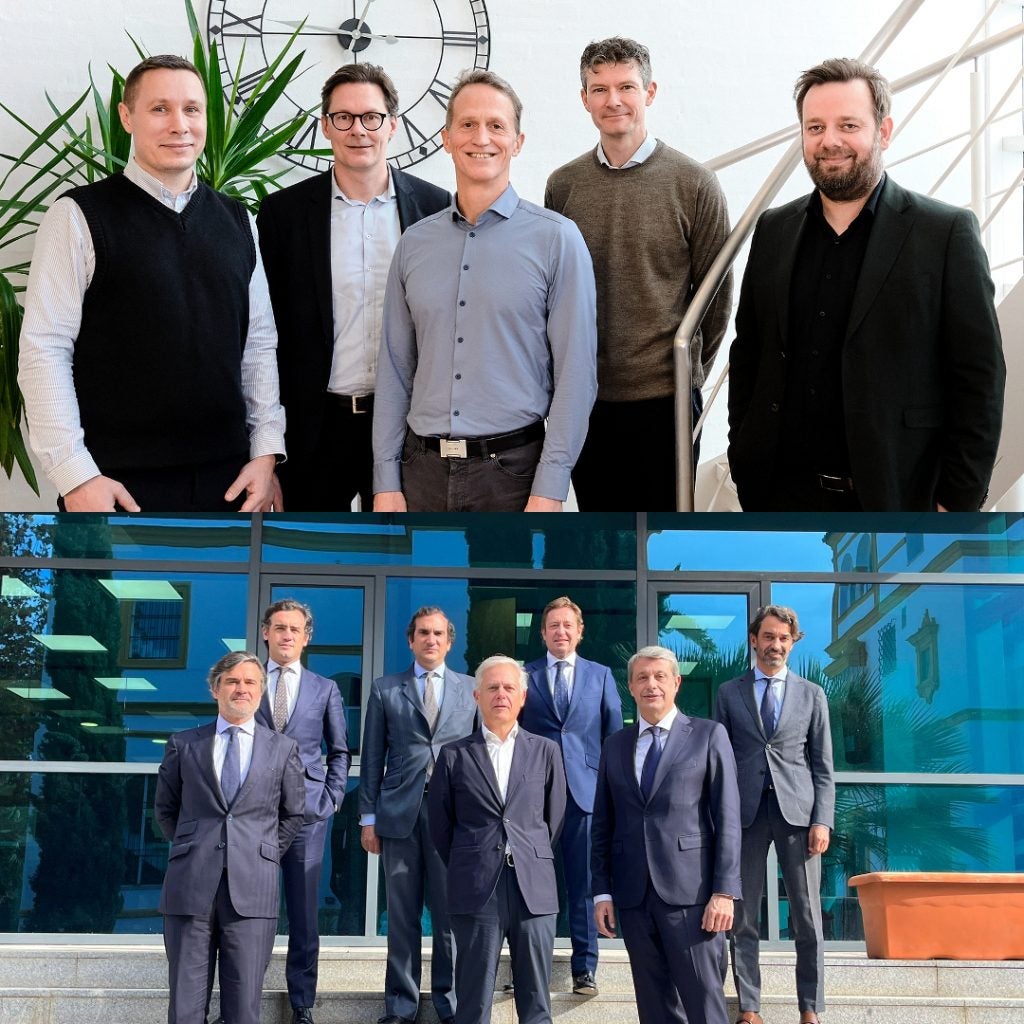
The increasing adoption of the 5G telecom network and artificial intelligence (AI) solutions is starting a five-year technological revolution, according to a report issued by iResearch Services.
As 5G and AI solutions mature up to 2027, they will have an increasing impact on businesses, economies and the environment, part two of the ‘How Sustainable is the Technology Sector?’ report states.
This five-year revolution will focus on technology for good and will also help in sustainability and carbon reduction measures, sector leaders tell global thought leadership consultancy, iResearch Services.
GSMA Intelligence senior analyst, Emanuel Kolta, said: “The main purpose of 5G telecoms network will move from connecting people to connecting things. It could be connecting salmon farms in the ocean. In every industry, there are applications that would bring benefits.”
“Industry, manufacturing and agriculture and the service sector will all see major positive impacts.
“It’s not necessarily about speed, but what you can connect. For instance, you would be able to control a crane from a shared service centre, rather than having to be there in person. The tech industry will help many other industries to operate in a more efficient manner.”
How well do you really know your competitors?
Access the most comprehensive Company Profiles on the market, powered by GlobalData. Save hours of research. Gain competitive edge.

Thank you!
Your download email will arrive shortly
Not ready to buy yet? Download a free sample
We are confident about the unique quality of our Company Profiles. However, we want you to make the most beneficial decision for your business, so we offer a free sample that you can download by submitting the below form
By GlobalDataOne of the big opportunities, but also one of the greatest challenges, is the pace of change and evolution in the technology sector.
Tech London Advocates and Global Tech Advocates founder, Russ Shaw, said that the tech industry will need to embrace new technologies to minimise climate change.
Shaw commented: “In addressing the climate crisis, we will need not only to embrace new technologies, but also rethink how we measure and use data, and ensure the culture of our sector is rooted in sustainability.”
This will mean tech companies making it a key priority to measure their power consumption and CO2 emissions for a product’s entire lifespan.
EY partner partner and principal for climate change and sustainability services, Bruno Sarda, said the tech industry should use Big Data and AI in an innovative way to maximise green energy supply and demand.
Sarda commented: “Now you’ve seen really innovative [tech] companies consuming green energy when it’s available and by matching, or at least on an hourly basis, using a lot of real-time technologies and a lot of Big Data and artificial intelligence to start matching supply and demand.
“They look at where it’s using power and how that compares to the amount of available renewable power in that load zone. It’s an innovative use of technology to help decarbonise the tech sector. If you look at a place like California or the Pacific Northwest, there will be abundant solar energy, that isn’t necessarily getting used by the utilities, versus night-time in Texas that has a lot of wind power.”
In the first ‘How Sustainable is the Technology Sector?’ report, iResearch Services questioned 550 technology executives in 11 countries. The second report contains qualitative responses from tech leaders.






